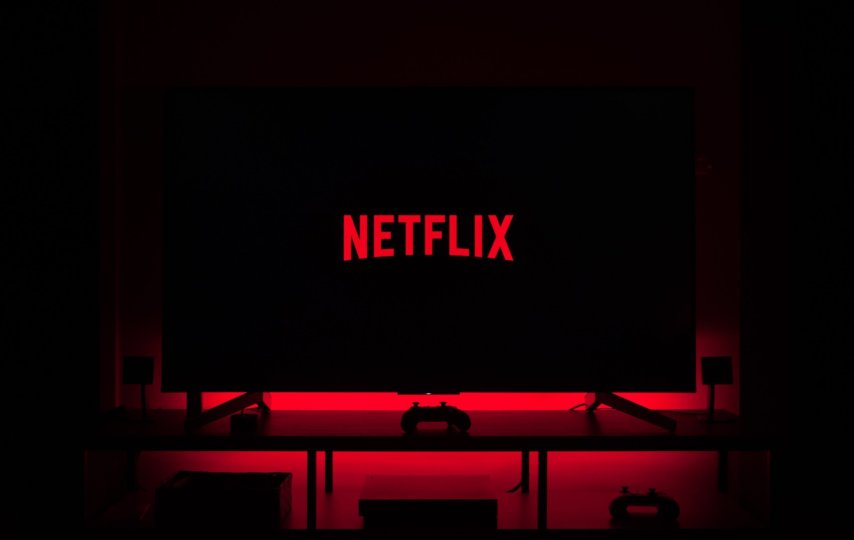There’s a huge wealth of different online services available today from web exclusives to the growing app libraries that have started to replace even brick and mortar locations – this had already been seen in the past year or two with the temporary closure of cinema and theatre and the successes in the online space, or the closures of brick and mortar betting locations in favor of online sites like puntersport.com, but as the online climate changes there may be a need to change in order to continue the same success, and big streaming platforms could be the first target.
(Image from lincolnlionsroar.com)
Where cord-cutting was the norm recently for cable TV and offline subscription services for TV, the same is now happening to users who have become frustrated with the disparity between the biggest streaming platforms. Whilst many do still stick to a steady release schedule for new content, much of the year is spent clicking through the same exhausted libraries with the additional cost of subscribing to a different service for one show or one movie that’s finding a dedicated release – this all adds up to hundreds of dollars spent per month for some just making sure the full library is available.
Also Visit: Dutch Golden Age and Rembrandt Van Rijn’s Art
Last year when the box office found a temporary shift to online platforms, the same was seen too with exclusive releases to the likes of Disney+ and HBO Max for theatrical releases, and for many users had shown the need that in the future there may need to be adjustments or partnerships between streaming platforms – as it stands the monthly cost for many is what leads to the subscription cancelling mentality where it’s becoming more common to only subscribed for a short amount of time to watch a new show or movie, and cancel immediately after.
The question that does come is whether the streaming platforms would be willing to join forces – and the answer is likely a no to the detriment of users. The biggest names like Disney and Netflix will look to keep their exclusive titles just that, and other studios will continue to sell of rights to their own catalogue of shows and movies at a premium even if only doing so to each platform for a short period of time and will continue to be something that’s a common occurrence well into the future too. Whilst there may be a potential partnership between smaller platforms, for now at least it seems the bigger platforms will continue to wrestle for rights to the biggest shows and movies, and build on their own unique catalogues, but may risk losing viewers at the same time as content droughts hit and subscription cancelling becomes the norm.













